How to Start Conversations with Loved Ones When You’re Worried About Their Mental Health

Pay attention. Notice their behavioural patterns. Are they stocking their fridge with bad food? Are they ignoring or forgetting their personal hygiene? Is their bedroom a complete mess? Alternatively, if you are not physically with them, you can take note of other behaviours. For example, if they are usually very chatty on social media and you notice withdrawal, or they’re suddenly declining virtual holiday celebrations, this may be a sign that something is up.
Normalise conversations about mental health. While the stigma of mental health is getting better in the Philippines, it still takes courage to talk about mental health in a normal and healthy way. One of the silver linings of the pandemic is that it has broken down a lot of barriers to help destigmatize mental health conversations – take this opportunity to start checking in on the mental wellbeing of your loved ones.
Don’t be afraid to ask about self-harm or suicide. According to a study carried out by the University of Western Australia, asking about self-harm or suicide doesn’t actually increase risk. Just the act of showing you have noticed, you care and you are there for someone works to break down that barrier between you and your loved one and creates a sense of relief that they can start speaking to you about their mental health.
Know where to direct them. Make sure you are constantly acknowledging and validating your loved one. You can say, “It was brave of you to open up, thank you for sharing that with me.” However, do not promise you can keep instances of self-harm or suicidal thoughts a secret. While this may anger them, getting them the support they need, and more importantly, ensuring they survive, is worth it. Connect them with a professional or send them the contact details of a 24-hour crisis hotline*. You may also call the hotline yourself if you need further assistance on what to do.
Keep in touch and follow up. Make it a routine to check up on your loved one, as it gives them a sense of stability and security. Schedule video calls, or send them small gifts or cards to show them you’re thinking of them. While it is important they get professional support, reassuring statements such as “I love you”, “I will be here for you no matter what”, or “we will get through this” are incredibly powerful, too.
Please reach out and book a Mind You counselling session to help manage your stress and seek the support you need.
*If the person concerned is outside of your organisation, and they are in a crisis or may be in danger, proceed to the nearest emergency room or call the 24-hour-toll-free suicide prevention hotline, provided by the National Center for Mental Health (NCMH), at 0917-899-8727 or 0917-989-8727.
If you are an individual looking to book therapy sessions, we will be launching our services to the public very soon. Leave us your details here to get notified.







